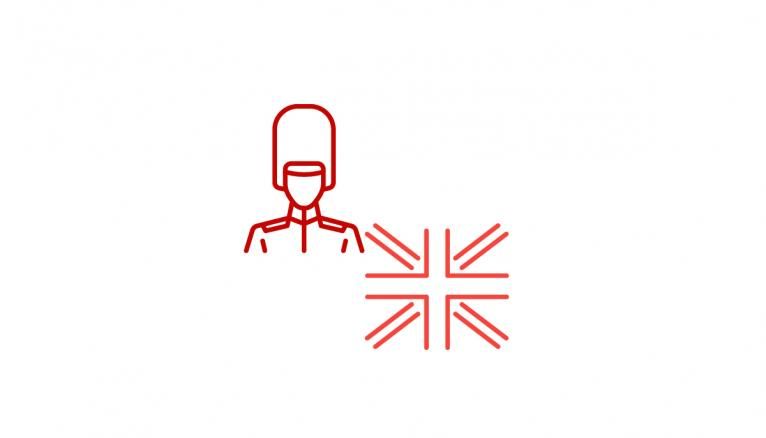FICHE DE RÉVISION DE VOCABULAIRE D'ANGLAIS - GAP YEARS

Leçon 14 : Gap Years Enrichissez votre vocabulaire d’anglais en passant votre souris sur les mots soulignés pour en avoir la traduction
Résumé en français : De plus en plus de jeunes anglais décident de faire une pause dans leurs études pour visiter le monde. On les surnomme les gappers.
Whether it’s backpacking in India, helping in an orphanage in Mexico or relaxing on a beach in Thailand, after getting their A-level or degree results this summer, many young people in the UK will be excitedly preparing for their gap year. Each year, many students take a year out either before or after university. They want a break from studying and from the stress of exams. And often they want to use that break to see the world.
Australia and New Zealand are the most popular destinations for British travellers . To finance their travels, young people work full-time for at least 6 months before going on their trip. Whilst away, they spend on average between £3,000 and £4,000 each. This money goes on transport and accommodation , but also, if they decide to go on an organised trip or placement, a fee is charged by the company. Many ‘gappers’ earn money whilst overseas , often working in chalets or bars for some extra cash.
Prince Harry is probably the UK’s most famous ‘gapper’ - he volunteered in Africa helping orphans during his gap year in 2004. For the less wealthy , a £10 million scheme backed by the government was recently announced for 18 to 25-year-olds from less advantaged backgrounds who want to undertake similar placements in developing countries.
A growing trend for gap years is- despite wanting to escape it – more education. Language study programmes and cultural exchanges are growing in popularity. TEFL programmes, where you can train to teach English as a foreign language, are also becoming more popular in line with more teaching opportunities across the globe.
Every year 230,000 young people take a gap year worldwide . But it’s not just for students. More and more middle-aged and older people are jumping on the bandwagon and taking a career break or travelling after they retire .
However, a year is not always enough. When their time is up , some travellers decide that they are not ready to return and just keep going .
“Once they have got the travelling bug it’s hard to return to reality,” said a spokeswoman for volunteer group Camps International. “It’s easy to get addicted when faced with so many new experiences, people, challenges and memorable moments.”
Another reason for staying longer than expected could be the low number of graduate jobs and the disappearance of a ‘career for life’. “A growing number of people of all ages are not convinced of the value of, or are not able to find, a steady career with gold-plated pensions,” says Phil Murray, director of gapadvice.org. “They convert from being ‘gappers’ to becoming ‘gap addicts’ or ‘career drifters’, settling down later in life and putting family life on hold .”
Although there are many advantages to taking a gap year, such as gaining independence and confidence , opening your mind to other cultures, and making a difference, not everyone sees it this way. In recent years, the Danish government has tried to limit the number of students taking gap years because it wants them to enter the work force straightaway . In April 2009, the government proposed a new law which gives a bonus to students who do not take a gap year.
However, The Telegraph newspaper sees things differently: “ Tens of thousands of graduates and school leavers will soon be entering the job market – but with high unemployment , a gap year might be preferable until the job situation improves .” A good an excuse as any ...
By Bex

